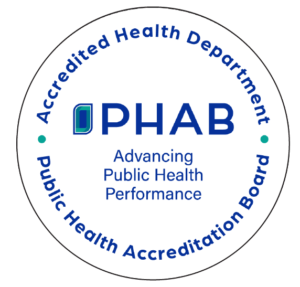What is Doxycycline?
Doxycycline belongs to a class of drugs called tetracycline antibiotics. You have been given this drug to protect you in case of exposure to harmful bacteria (germs). This drug can keep you from getting anthrax.
You have been given a limited supply of medicine. Local emergency health workers or your doctor will tell you if you need more medicine after you finish this supply. If you need more medicine, you will be told how to get it during your next visit. You may also be switched from this medicine to another medicine depending on laboratory tests.
How do I take this medication?
- Take this medicine as prescribed: The usual dosage is one pill by mouth two times a day.
- You will be given special instructions for children under 8-years old.
- Keep taking this medicine until you finish it, unless your doctor tells you to stop. If you stop taking this medicine too soon, you may get sick again.
- You may take this medicine with or without food or milk. Food or milk may help you stop from getting an upset stomach.
- If you miss a dose, take the missed dose as soon as possible. If it is almost time for your next regular dose, wait until then to take your medicine and skip the missed dose. Do not take two pills at the same time.
Are there any drugs or foods I should not take when I take this medication?
Do not take the following medicines within two hours of taking doxycycline:
- Antacids (like Maalox® or Mylanta®), calcium or iron supplements, cholestyramine (Questran) or colestipol (Colestid)
- Birth control pills may not work while taking this medicine. Use another form of birth control while taking this medicine.
Are there any dangers to taking this medication?
Tell the emergency health workers if you have liver disease, are breastfeeding, or if you are or might be pregnant before taking this medicine. Do not take this medicine if you are allergic to tetracycline antibiotics. Women may have a vaginal yeast infection from taking this medicine. This medicine may also increase your chance of sunburn. Use sunscreen to protect your skin.
What are the side effects of this medication?
Call your doctor if you get a skin rash, hives, itching, wheezing or trouble breathing, swelling of the face, lips or throat; diarrhea, upset stomach, nausea, sore mouth or throat, sensitivity to sunlight; or itching of the mouth or vagina lasting more than two days.

